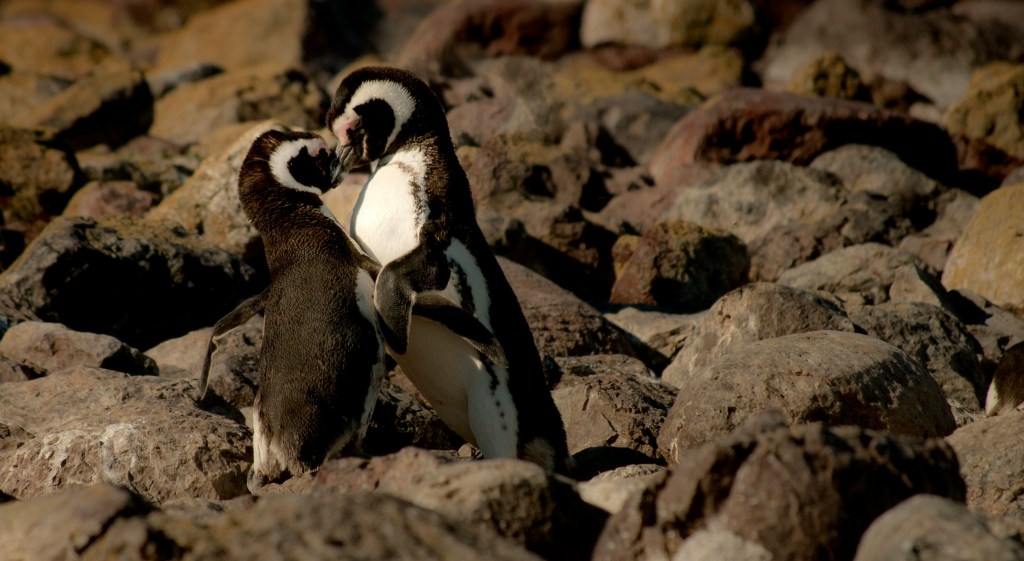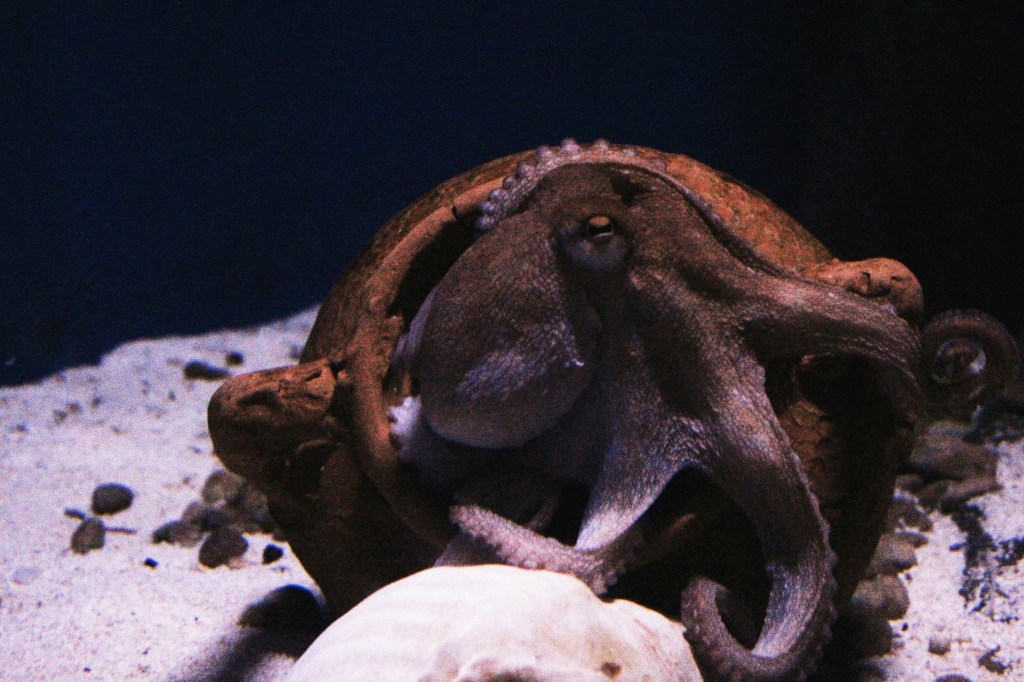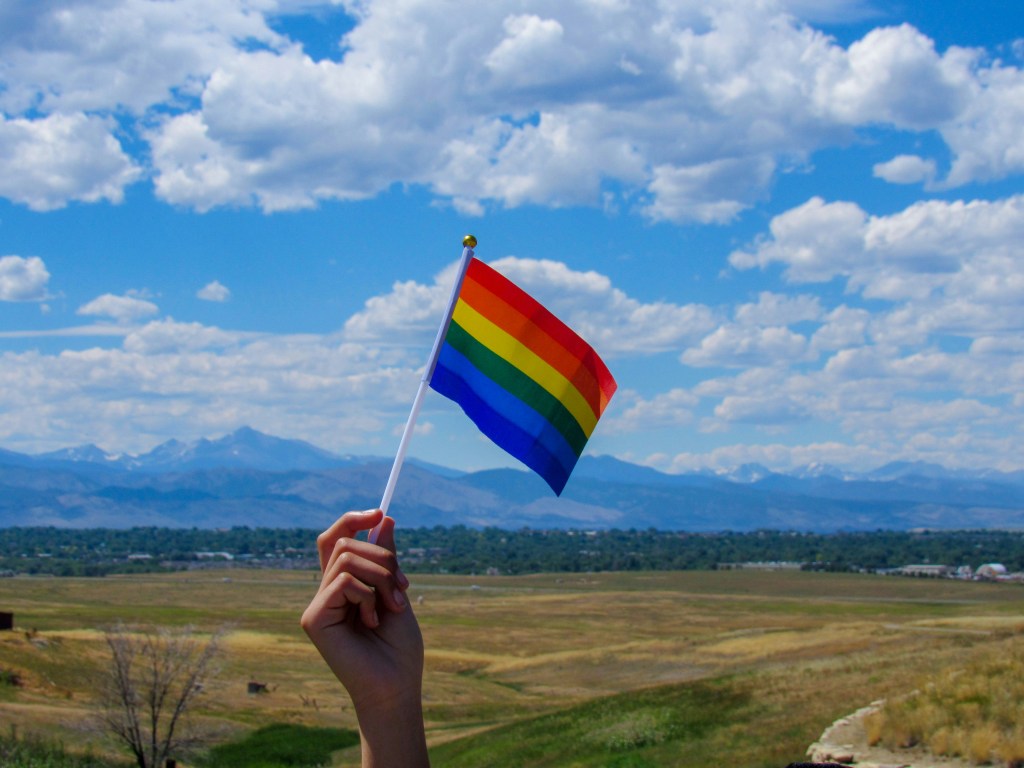In a world where I have more time, or don’t sleep, I have fantasised about running my own book club. Here I would explore with others all the little research niches I dip my toes into that contextualise and feed my PhD. Admittedly, it might only be me attending my own book club, but I thought I would post some of the ideas (and book obsessions) on this blog to keep track and bunch similar themes together.
In this themed ‘strand’ of imaginary book club meetings, I will focus on: Queer Ecology. And I will post a series of entries with my reaction to different books that would read with this “club” (or alone).
But what does it all mean?
“But what is queer ecology?” I hear my even more imaginary audience of me, myself and I ask.
The term queer was reclaimed in the 80s by the LGBTQIA+ community after a long and complex history. The term rejects labels and perceived norms or identities that are created and projected by culture1. It is often used as an umbrella term, or container, that interweaves many diverse sexualities, identities and forms of expression. As such, it refuses to live inside a pre-prescribed box and takes many meanings and shapes for different people2.
This links nicely into “queer theory” which emerged in the 90s as a field of post-structuralist critical-theory3. This field of study critiques the structures and power dynamics within society that influence and shape the definitions of gender and sexuality4.
“But why is this important?” My imaginary audience questions impatiently.

I find queer ecology very exciting. It pushes the boundaries of society’s definition, understanding and relationship with nature. Have you ever asked yourself?
- What do I mean when I talk about “nature”?
- What is “unnatural”?
- Where does “human” fit in with my idea of “nature”?
I often start my workshops by asking a these questions, in some form or another, and it might be how I start the book club. In everyday conversations, we often speak about nature as a specific place or object that is different to humans. Resultantly, our language often creates a human/nature divide. There are many binaries we use in language that can shape what we see as natural/unnatural and how we experience nature. This notion of what is and what is not nature affects how we experience and relate with the natural world.
And that is why it links so closely to my research! As I am slowly pulling apart layers to help understand how we experience and relate to the nature in Natural History documentaries. For example, I may perceive the “nature” in Natural History documentaries to be more pristine and wild than the weeds growing between the paving slabs outside my front door. I may call on screen nature “wilderness” and the other nature irritating. Or, in politics and economics nature is often referred to as an object or a resource that humans have the right to use for their personal needs and entertainment. Trees exist for the purpose of their wood, so that I can fulfil my need for a new desk. The nature reserve’s purpose is for me to spend time and walk through without seeing any urban or human development, giving me a sense of nature connectedness.
“So what?”
The reason I break this down in quite so much detail is because the concept of queer ecology, similar to its use by the LGBTQIA+ community, aims to break down culture’s normalised understandings of the nature world. What if nature didn’t have a purpose? What if we (humans) were not separate to but exist with nature?
Queer ecology, therefore, uncages the concept of nature and what is natural (setting it free!). While it is built upon the intersectional roots of ecofeminism and other feminist science studies, queer ecology encourages us, well me and some others, to explore diverse ideas and to reimagine other ways of living-with “the more-than-human world”5. Please read Staying with the Trouble by Donna Haraway (2016)6 in an adjacent book club to better understand why I use “living-with”, but that is not the focus on this imaginary meeting.
There is a lot more to the fascinating concept of queer ecology, especially why it is relevant in a time of climate and ecological crises, which is why it tightly intertwines with my PhD research in looking at how Natural History documentaries communicate the global climate, ecological and social injustice crises. I greatly encourage you to take a deeper dive into the topic if it interests you (or even if it doesn’t!).7
Finished with the lecture

Anyway. Books!
Here are some of the books that I plan on discussing:
- The Unexpected Truth About Animals. Stoned Sloths, Lovelorn Hippos and Other Wild Tales. Lucy Cooke (2018)
- Bitch. What does it mean to be female? Lucy Cooke (2023)
- My Life in Sea Creatures. A young queer science writer’s reflections on identity and the ocean. Sabrina Imbler (2022)
- How to Be Animal. A New History of What It Means to Be Human. Melanie Challenger (2021)
This list is not very extensive! But my book club does not last for ever. And there are many other books on my to read list. Including: Evolution’s Rainbow: Diversity, Gender, and Sexuality in Nature and People, by Joan Roughgarden (2013). I love to get people’s recommendations too, so please do send through if you have any thoughts!
I am still learning about queer ecology, and the many surrounding fields it has grown from, so some of my interpretations are most likely wrong or limited. So I really do recommend that you go and explore it if this has peaked your interests. I wish you a mind boggling experience!
Footnotes:
- Defined by Stonewall here: https://www.stonewall.org.uk/list-lgbtq-terms#:~:text=Q-,Queer,-Queer%20is%20a ↩︎
- For a more detailed history and explanation of queer please see here: https://new.lgbtqia.wiki/wiki/Queer ↩︎
- Post-structuralism is a philosophical movement that disregards the “structuralist” idea, that we can understand and interpret the world through pre-established socially constructed ideas or language: https://www.sciencedirect.com/topics/social-sciences/post-structuralism ↩︎
- A more thorough explanation with useful book suggestions are linked here: https://libraryguides.fullerton.edu/c.php?g=1134908&p=8436083 ↩︎
- Intrigued by queer nature? Have a browse here: https://www.britishecologicalsociety.org/introducing-queer-ecology-embracing-diversity-in-the-natural-world/ ↩︎
- Must read! https://read.dukeupress.edu/books/book/27/Staying-with-the-TroubleMaking-Kin-in-the ↩︎
- Deeper dive https://www.climateculture.earth/5-minute-reads/what-is-queer-ecology ↩︎
Header photo by Brielle French on Unsplash
